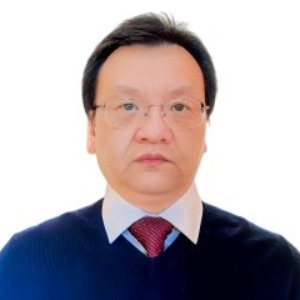Title : The powerful capacities of polymers for the adsorption of the mercury ions in water
Abstract:
Mercury ions (Hg²⁺) are among the most hazardous pollutants in wastewater, posing serious threats to environmental sustainability and human health . However, many current adsorbent materials suffer from limited adsorption capacity and rely on costly raw materials. There is, therefore, an urgent need for low-cost adsorbents with high efficiency.
Our team has recently integrated advanced chemical synthesis techniques, comprehensive material characterization, and first-principles calculations based on density functional theory to explore polymeric and network-based materials for Hg²⁺ removal. Our adsorbents have demonstrated exceptional performance, with removal capacities reaching up to 2562 mg g⁻¹.
We have investigated a thiophene-based porous triazine polyamide, whose unique molecular architecture exhibits strong affinity toward mercury ions . IAdditionally, a thiophene-network polyamide incorporating tri(4-aminophenyl)benzene functions like a precision-woven "molecular filter," effectively capturing mercury ions. A porous polyamide based on 2,5-furandicarboxylic acid offers abundant internal surface area—providing more "habitats" for ion adsorptions . Morever, we have researched on the thio-group-modified covalent triazine polyamide, which, after clever modification, has a significant leap in the capture of mercury ions . The triazine-based sulfur-containing polyamide, the introduction of sulfur element is like a powerful "adsorption engine" for it .
Beyond these, we have explored several novel polymeric materials that show strong potential for mercury ion removal from water. These emerging materials offer a promising new direction for water purification technologies, highlighting a path toward the development of environmentally friendly and highly effective mercury adsorbents.
We thus envision a bright future for these materials in wastewater treatment, contributing to cleaner water and a more sustainable environment.




